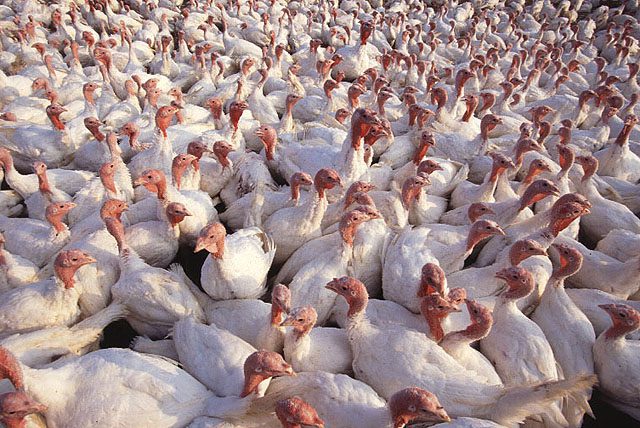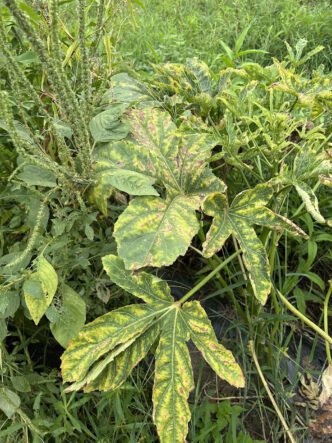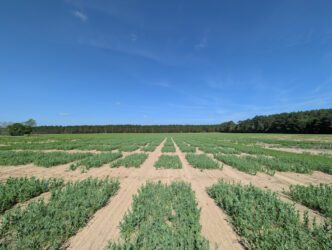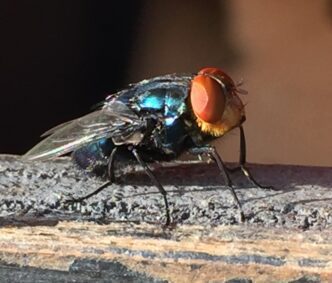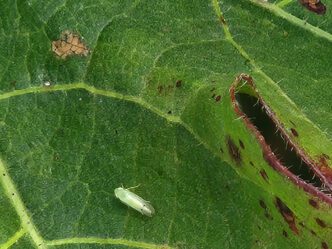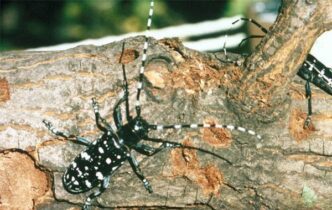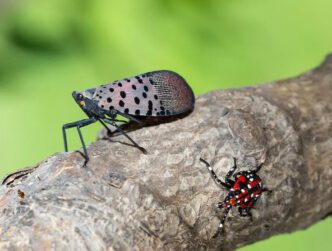
COLUMBIA — A strain of highly pathogenic avian influenza (HPAI) has been identified in a commercial turkey flock in Chesterfield County, S.C., animal health agencies announced.
The avian flu is not related to the COVID-19 outbreak and presents no immediate human health concern, they said. No human cases have been detected. It is the first confirmed case of HPAI in commercial poultry in the United States since 2017.
The U.S. Department of Agriculture’s Animal and Plant Health Inspection Service (APHIS) said it appears the H7N3 strain of HPAI mutated from a low-pathogenic strain that had been found in poultry recently in the same area of North and South Carolina.
The Clemson University Veterinary Diagnostic Center tested samples from the affected flock; the positive identification then was confirmed April 8 at the APHIS National Veterinary Services Laboratories in Ames, Iowa. Additional analysis of the virus is ongoing.
“The risk of a human becoming ill with avian influenza during a poultry outbreak is very low,” said Boyd Parr, state veterinarian and director of Clemson’s Livestock Poultry Health (LPH) regulatory agency. “However, it is of special concern for the poultry industry because it can cause sudden death in poultry.”
Parr said all the parties involved made a rapid response to deal with the disease. The affected farm has been quarantined and birds on the property were depopulated to prevent the spread of the disease. No birds from the flock will enter the food system.
USDA will compensate owners for any animals depopulated as part of the control efforts.
As part of existing avian influenza response plans, federal and state agencies are working jointly on additional surveillance and testing in the nearby area. “The United States has the strongest AI surveillance program in the world and USDA is working with its partners to actively look for the disease in commercial poultry operations, live bird markets and in migratory wild bird populations,” APHIS said in a statement.
USDA is reporting the finding to the World Organisation for Animal Health as well as to international trading partners.
The new HPAI case follows a discovery of low-pathogenic avian influenza (LPAI) after routine testing as part of normal production in March on three farms in North Carolina’s Union and Anson counties.
At that time, control zones were created extending 10 km (6.2 miles) from each infected farm. One of those initial 3 zones extended into Chesterfield County, S.C.; surveillance testing in the S.C. portion of that zone identified a single commercial turkey farm as “presumptive positive” for H7 LPAI by Clemson’s Veterinary Diagnostic Center on Saturday, March 14. This S.C. flock and 11 total North Carolina confirmed and presumptive positive turkey flocks were destroyed before the discovery of the HPAI flock in Chesterfield County.
“LPH is in regular communication with S.C. animal agriculture groups, including LPH’s poultry health advisory group and the S.C. Poultry Federation,” Parr said. “In South Carolina our expectation of success is based on the exceptional dedication, collaboration and hard work put in by all involved: state and federal animal health officials, the poultry integrators and growers as well as the entire S.C. poultry industry.
“In the face of this significant threat to S.C. poultry, I am confident we will overcome,” he said. “This is a team effort. We are working closely with my counterpart in N.C., Dr. Douglas Meckes, and his team as we work together alongside USDA APHIS Veterinary Services on this issue.”
Avian influenza is caused by an influenza type A virus which can infect poultry — such as chickens, turkeys, pheasants, quail, domestic ducks, geese and guinea fowl — and is carried by free-flying waterfowl such as ducks, geese and shorebirds. AI viruses are classified by a combination of two groups of proteins: hemagglutinin or “H” proteins, of which there are 16 (H1–H16), and neuraminidase or “N” proteins, of which there are 9 (N1–N9).
Many different combinations of “H” and “N” proteins are possible. Each combination is considered a different subtype and can be further broken down into different strains. AI viruses are further classified by low or high pathogenicity — the ability of a particular virus strain to produce disease in domestic poultry.
Clemson Livestock-Poultry Health’s mission is to protect animal health by controlling endemic, foreign and emerging diseases in livestock and poultry and to protect the health of S.C. consumers by inspecting meat and poultry products to ensure they are safe, wholesome and accurately labeled.
Its Veterinary Diagnostic Center in Columbia assists veterinarians, the animal industry and animal owners by identifying diseases that affect livestock, poultry, companion animals and wildlife. The center is an integral part of a disease surveillance system that helps ensure a safe and adequate food supply and protects the health of South Carolinians.

